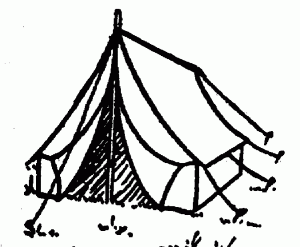This chapter talks about the rhythms. According to the dictionary.com, rhythm is defined as “the movement or procedure with uniform or patterned recurrence”. It occurs in all forms of language, no matter in music or poems. Rhythm in music is the beat, which is the most important element in music. It can be even or uneven, and it drives the music forward. In poem, Rhythm acts as a tonic and is important in poetry. Rhythm in writing is like the beat in music. It could affect by emotion, the movement of your body, as well as your feelings of the outside world, such as the pulsing of waves on the shore, the alternations of day and night. The most common form of rhythm is repetition, which is the writer creates rhythm by repeating words or phrases. Moreover, we use a set of symbols or signs to divide lines of poetry into feet, which is called “scansion”
Examples of rhythms in poem:
Hiawatha’s Departure
from The Song of Hiawatha
by
Henry Wadsworth Longfellow
By the shore of Gitchie Gumee,
By the shining Big-Sea-Water,
At the doorway of his wigwam,
In the pleasant Summer morning,
Hiawatha stood and waited.
https://openlab.citytech.cuny.edu/goldpoetrysp2012/2012/03/20/the-dancer-and-the-dance/




